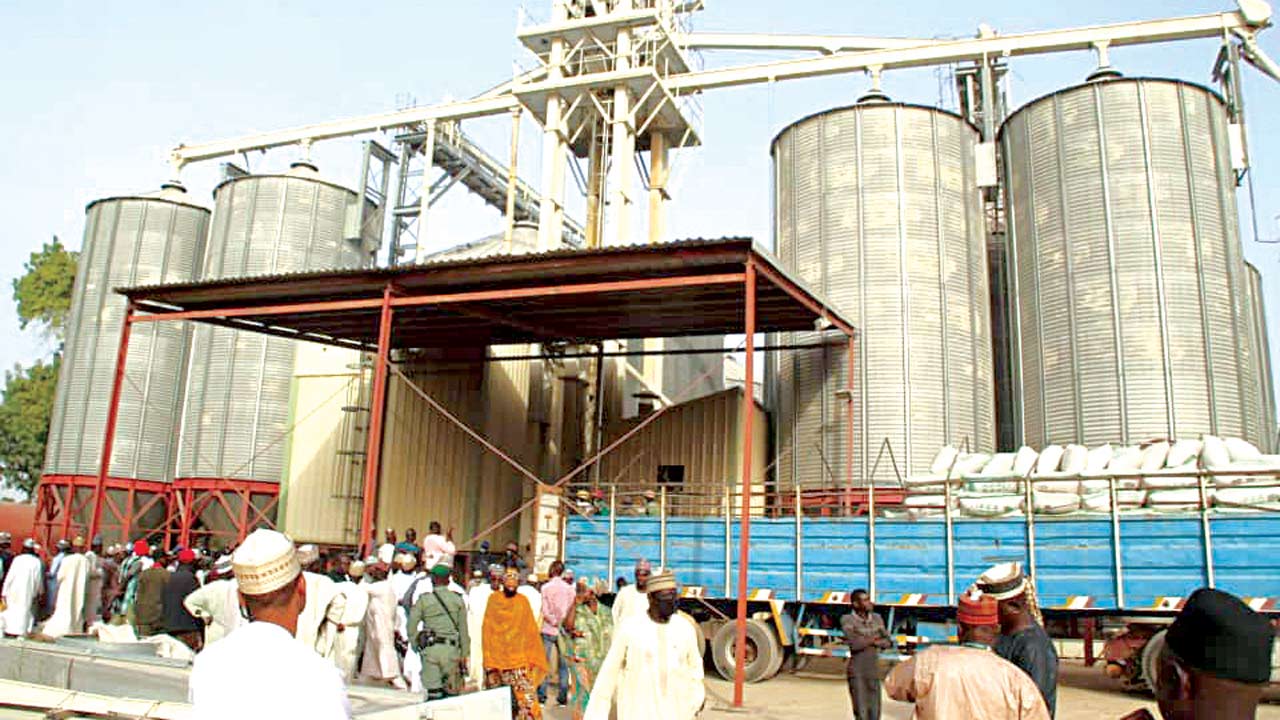The National Economic Council (NEC) rose from its meeting on Thursday with members endorsing plans of action towards the enhancement of cotton production to improve the textile sector and the transformation of agribusiness, which includes impressive livestock development. The council, headed by Vice President Kashim Shettima approved the establishment of the national office for Green Imperative Project (GIP) in Abuja, with regional offices across the six geopolitical zones.
This was at its 149th meeting held on Thursday at the Presidential Villa. At the meeting the council approved the establishment of a Cotton, Textile and Garment Development Board. The objective of the council includes the plan to transform Nigeria’s agribusiness and livestock sectors with a projected economic value of up to $90bn by 2035.
The newly approved Cotton, Textile and Garment Development Board will be a regulatory body for the sector. Though the board will be domiciled in the Presidency, perhaps to divest it of bureaucratic red tapism the council approved that it should be private sector-driven with public sector representation.
It, therefore , nominated three Ministers- of the ministries of Agriculture and Food Security, Budget and Economic Planning, and Industry, Trade and Investment. Governors from the six geopolitical zones will also sit on the board. The NEC did not just create the board and burden the members with the problem of funding for its operations, it said that it will be funded through the Textile Import Levy collected by the Nigeria Customs Service.
The vice president said the mandate of the board goes beyond mere regulation of the sector. According to him, it is a design to bring back to life one the goose that had laid the golden eggs for Nigeria before crude oil took the center stage. He said, “Our goal is not just regulation. It is a revival. This is our opportunity to re-industrialise, to empower communities, and to restore pride in local production.”
Shettima highlighted the country’s vast potential, noting that cotton can be grown in 34 states, yet current production is limited to 13,000 metric tons.
The council took a further step to bolster food security in the country by approving the formal launch of the National Agribusiness Policy Mechanism. Shettima stressed the need for action to back up the decisions, when he implored members that Council deliberations must go beyond rhetoric and produce tangible results. Rather, it
must inspire action, deepen unity and uplift the lives of the citizens. For this to be actualised , the Vice President pushed for the consideration of a “field visit by the NEC Implementation Monitoring Committee.
“This is a critical step in bridging the gap between policy and performance. Our people do not evaluate us by the elegance of our policies, but by the evidence of their impact,” he added.
Apparently warning against tasking the patience of the citizenry, the Vice President said, “The nation is watching. Our citizens are not waiting for another speech. They are waiting for results. This Council must remain a meeting point of ideas that move the nation forward. Let us rise above partisan interests and regional divisions and focus on what truly matters—building a nation that delivers for all.”
The NEC chairman reminded members that they were not at the council meeting as a mere routine but by “the resolve to confront the pressing realities that define the lives” of the Nigerian people”.
He encouraged them not to just respond to crises, but work as architects of a sustainable future for the nation.
He said, “Governance, in truth, is not the theatre of promises. It is the solemn business of fulfilment. Today, as always, we are not here to admire the beauty of policy design but to ensure the substance of its execution.”
The Federal Ministry of Livestock Development made a presentation on Nigeria’s livestock sector at the meeting.
This led the Council to approve a new strategy that builds upon the existing National Livestock Transformation Plan (NLTP) and the National Livestock Growth Acceleration Strategy (NL-GAS). With that in place, the Council projected that the sector could reach a value of $74 billion to $90 billion by 2035.
Key pillars of the livestock strategy for 2025–2026 include animal health and zoonoses control, feed and fodder development, water resources management, statistics and information systems, and breed improvement. NEC approved several proposals, including the formal transfer of N100 billion in previously committed resources to support the modernisation of the sector and the creation of State Ministries of Livestock Development.
The Council also agreed to collaborate with the Federal Ministry and sub-national entities to attract investors, enhance national job creation, improve internally generated revenue (IGR), and transform Nigeria into a global exporter of red meat, particularly to Middle Eastern and Asian markets.
Council also got a presentation by the Honourable Minister of Education who brought a roadmap to equip five million Nigerian youths with industry-relevant, income-generating, and entrepreneurial skills by 2030. This , he said, would be achieved through a reformed Technical and Vocational Education Training (TVET) system. The initiative aims to standardise and accredit skill development efforts nationwide. Excited by the projected impact, the NEC responded by praising the integration of the initiative into national education policy and encouraged state governments to actively participate regardless of political affiliation.
The Accountant-General of the Federation, while briefing the meeting, said as of April 2025, the Excess Crude Account stood at $473,754.57, the Stabilisation Account at N63.5bn, and the Natural Resources Development Account at N72.8bn.
Coming shortly after the series of attack on communities in Plateau and Benue States, the NEC also expressed its condolences over the recent killings in the two states and observed a minute of silence in honour of the victims. The renewed attacks have been described as part of the occurrences militating against positive development in the agriculture sector in the country, as militants scare farmers away from the farms.












